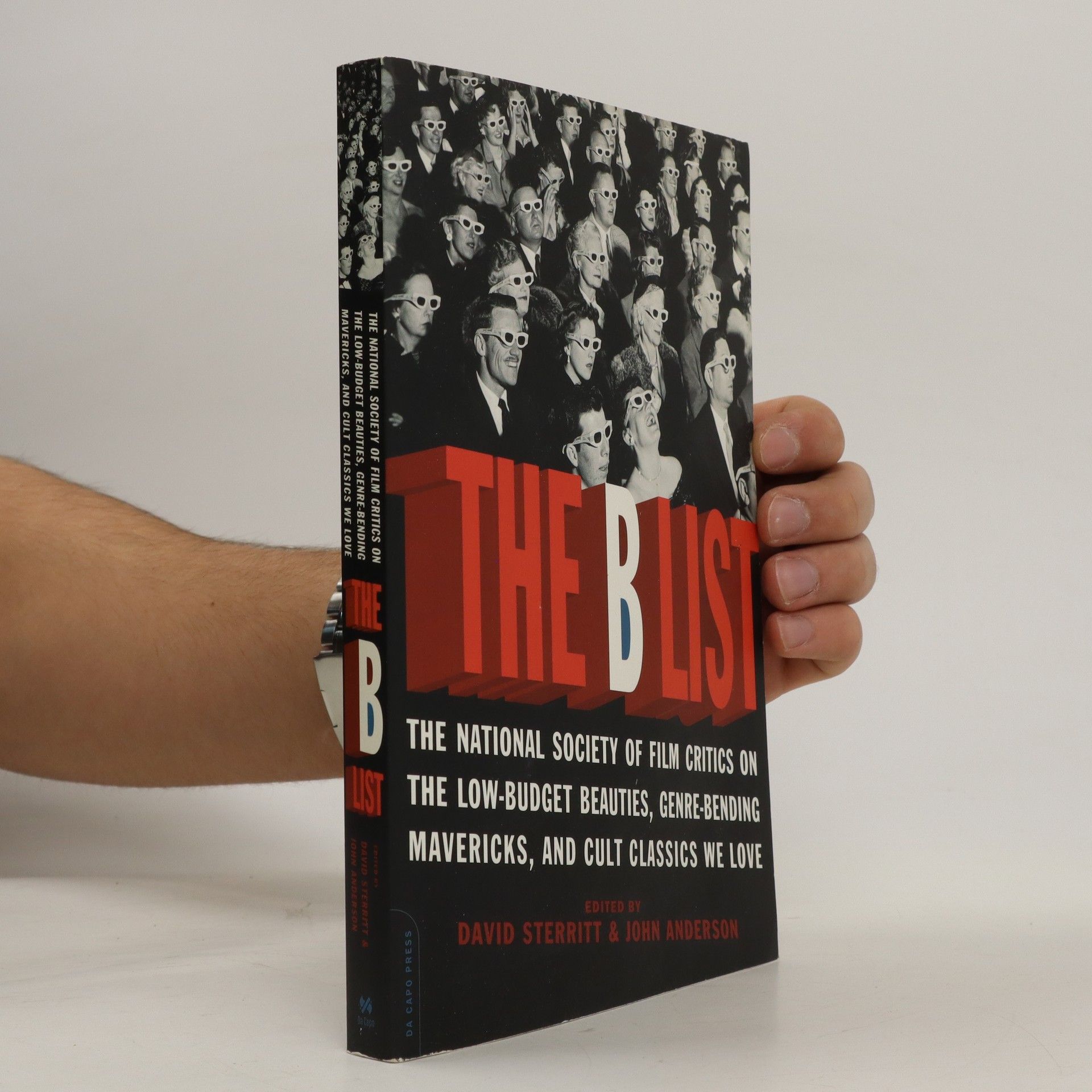The Films of Jean-Luc Godard
- 314 Seiten
- 11 Lesestunden
Focusing on the significance of Godard's films, the work explores their impact on both modernist and postmodernist art. It delves into how Godard's innovative storytelling and visual techniques have influenced contemporary artistic expressions, making a case for his pivotal role in shaping cinematic language and aesthetics. Through analysis, the book highlights the intersection of film and art, emphasizing Godard's contributions to the evolution of cultural narratives.

